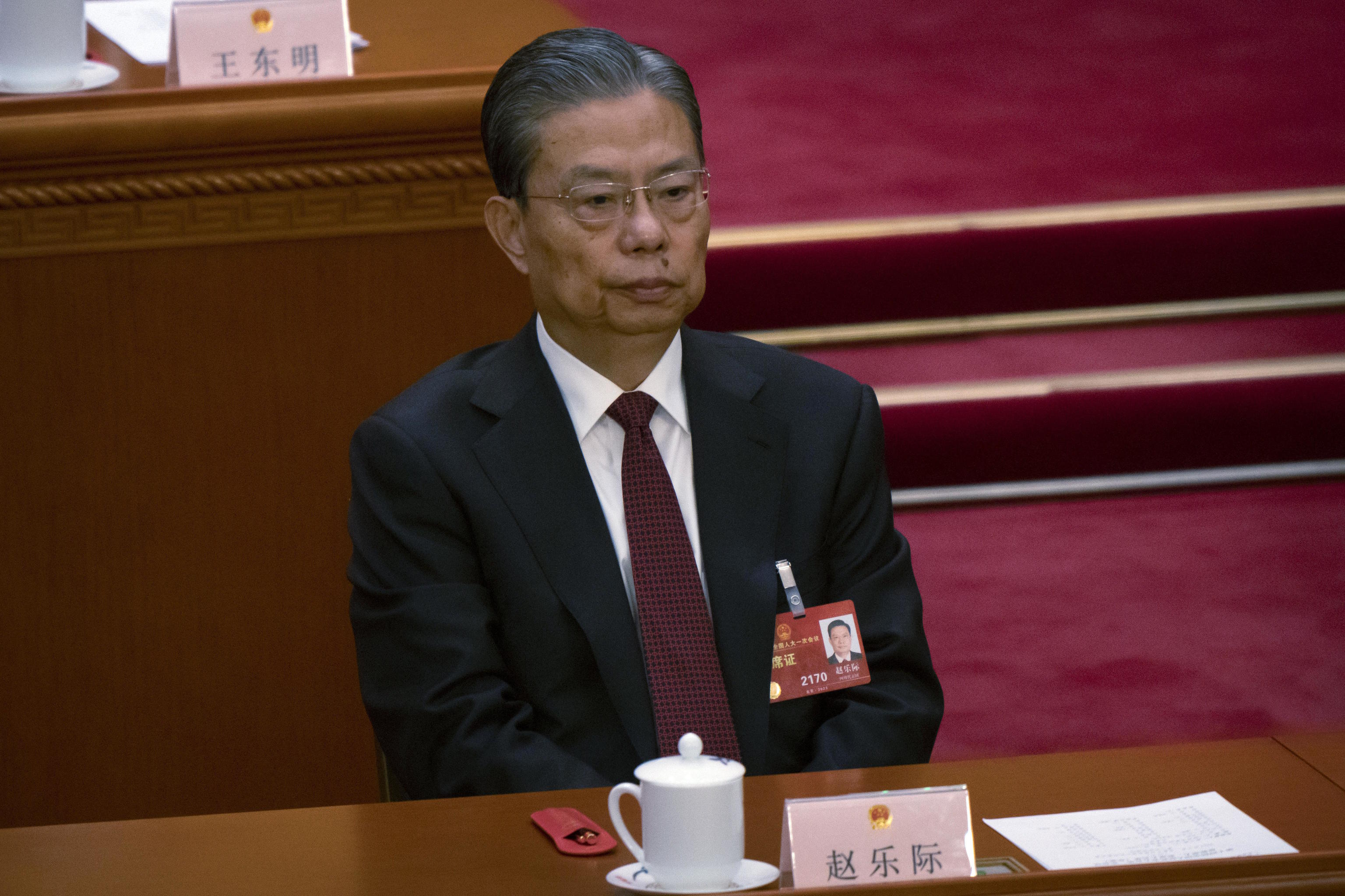The economic explosion of China as a result of the pro-market reforms of the late 20th century, in addition to an impressive improvement in the quality of life for the population and a greater preeminence of the Asian giant in global affairs, brought with it an endemic corruption that reigned with impunity because all efforts in Beijing were focused on maintaining that exorbitant economic growth.
That changed with the rise to power of Xi Jinping in 2012. The president launched a massive purge against "tigers" and "flies". The former referred to corrupt high officials. The latter were low-ranking officials. Xi unleashed an anti-corruption campaign that spread throughout the ruling Communist Party (CPC), at all levels of the State, and in companies.
Beijing reports that in the last decade, under Xi's anti-corruption campaign, more than five million people have been punished, many of them sentenced to death. In 2017, as the executor of this crusade, the Chinese president chose a renowned provincial governor, Zhao Leji (67 years old), to head the Central Commission for Discipline Inspection, the main anti-corruption body.
With Zhao at the helm, over a million officials at all levels were purged, including several heavyweights of the CPC who presented themselves as opponents to Xi's leadership. Zhao, a graduate in Philosophy, also led the powerful Organization Department of the party, the body that oversees the appointment of high officials and which he used to place the president's allies in key positions.
Last year, Xi rewarded Zhao's loyalty by appointing him as the conductor of the highest legislative body, the National People's Congress (NPC). The corrupt hunter thus became the most important political leader, behind the president and the prime minister, in the Asian superpower as the number three of the powerful Politburo Standing Committee, the select club of party leaders.
Zhao is currently on a tour of southern Europe. He was in Barcelona over the weekend to inaugurate the start of electric vehicle production resulting from the alliance between the Ebro brand and the Chinese giant Chery at the former Nissan factory. The top Chinese legislator was received with honors by the President of the Generalitat, Salvador Illa, and also met with the Minister of Industry, Jordi Hereu.
In Madrid, he was received on Monday by King Felipe VI and Pedro Sánchez. He had already met with the latter last September during the Spanish president's visit to Beijing, at a time of maximum tension between the European Union and the Asian giant over tariffs on Chinese electric vehicles. In the October vote in Brussels, Spain was among the 12 countries that abstained from approving the imposition of these tariffs.
Zhao is the latest big fish of the CPC to travel to Spain. Two weeks ago, President Xi made a 24-hour stop in the Canary Islands before heading to a summit in Peru. In May, another high-ranking member of the powerful Chinese Politburo, Yin Li, visited Madrid and met with the first vice president, María Jesús Montero, and the Secretary of Organization, Santos Cerdán, at the PSOE headquarters. Also present that day at Ferraz was José Luis Rodríguez Zapatero, who maintains strong connections in Beijing and has become the silent link for the Sánchez government to promote all these visits by Chinese top officials.
